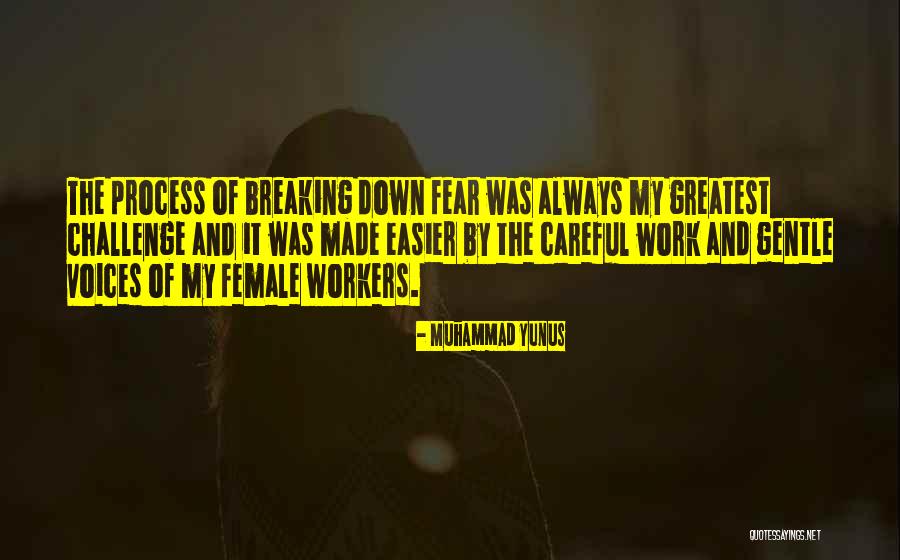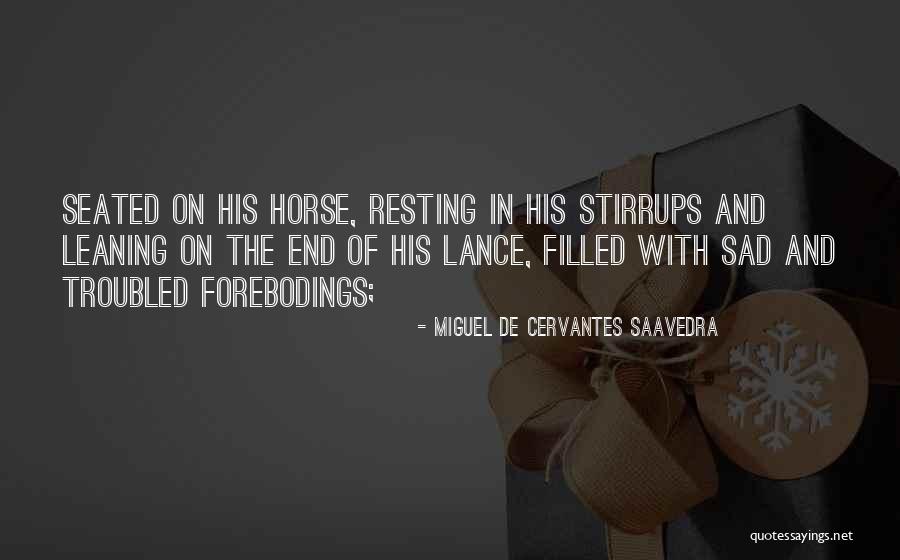The Donger Need Food: A Comprehensive Guide To Understanding And Satisfying The Hunger
Listen up, folks! If you've ever heard the phrase "the donger need food" and wondered what it means, you're not alone. It's one of those quirky expressions that seems to pop up outta nowhere but carries a whole lot of meaning. Whether you're talking about literal hunger or metaphorical cravings, this phrase taps into something universal—our need for nourishment. So let's dive right in and explore what it really means when someone says "the donger need food."
Now, before we get too deep into it, let's break down the basics. The term "donger" itself is kinda like a slang word that’s been floating around for years, but its connection to food might seem odd at first glance. However, if you think about it, it’s all about energy, fuel, and keeping things running smoothly. Just like how a car needs gas, our bodies—and sometimes even our minds—need food to function properly. And that’s where this phrase comes in.
So why should you care? Well, understanding this concept isn’t just about filling your stomach; it’s about recognizing the importance of proper nutrition, emotional well-being, and even social connections tied to eating. Stick around because we’re gonna unpack all that and more in this article. Trust me, by the end, you’ll have a whole new perspective on why "the donger need food" isn’t just some random saying—it’s a lifestyle!
Read also:Khloe Kardashian Attends 2022 Cfda Fashion Awards
What Does "The Donger Need Food" Really Mean?
Alright, so let’s clear the air here. When people talk about "the donger need food," they’re not necessarily talking about literal dongers (you know, the elongated snacks or whatever floats your boat). Instead, it’s more of a metaphorical expression that emphasizes the importance of nourishment in different aspects of life. It could refer to physical hunger, emotional fulfillment, or even the need for connection through shared meals. Think of it as a reminder that everything needs sustenance to thrive.
For instance, imagine you’ve been working nonstop for hours without eating. Suddenly, your energy levels crash, and you feel irritable or unfocused. That’s your body telling you, "Yo, the donger need food!" Or maybe you’re going through a tough time emotionally, and someone suggests grabbing a bite together. Food becomes a way to comfort, connect, and recharge. See what I mean?
Breaking Down the Phrase
Let’s dissect this phrase a bit further:
- The Donger: This part can represent anything from your body to your spirit, depending on the context. It’s a playful way of saying "something important that requires attention."
- Need: A straightforward acknowledgment of necessity. You’re not just craving food here—you actually need it to keep going.
- Food: The ultimate source of nourishment. Whether it’s a hearty meal, a quick snack, or even something symbolic like love or laughter, food represents sustenance in its broadest sense.
So when you put it all together, "the donger need food" is essentially a call to action. It’s saying, "Hey, take care of yourself. Don’t neglect your needs, whether they’re physical, emotional, or mental!"
Why Is Nourishment So Important?
Here’s the thing: food isn’t just fuel for our bodies—it’s fuel for our souls. Proper nourishment impacts everything from our physical health to our mental clarity and emotional stability. Without it, we’re running on empty, which can lead to all sorts of problems. But don’t just take my word for it; let’s look at some facts.
According to the World Health Organization (WHO), malnutrition remains one of the leading causes of preventable diseases worldwide. Meanwhile, studies show that people who eat balanced diets tend to experience better moods, improved cognitive function, and stronger immune systems. In short, feeding "the donger" isn’t just about survival—it’s about thriving.
Read also:Bibliomania Tulsa Ok A Book Lovers Paradise You Shouldnt Miss
Key Benefits of Proper Nutrition
- Boosts energy levels
- Enhances brain function
- Supports emotional well-being
- Reduces risk of chronic illnesses
- Promotes healthy relationships
See? There’s a reason mom always told you to eat your veggies. Turns out, she was onto something big!
Understanding Your Body's Hunger Signals
Ever notice how sometimes you eat until you’re stuffed, only to feel gross afterward? Or maybe you skip meals altogether and end up hangry (hungry + angry). That’s because your body has specific ways of communicating its hunger needs, and learning to listen to those signals can make a huge difference in how you nourish yourself.
Physical hunger usually manifests as growling stomachs, fatigue, or difficulty concentrating. Emotional hunger, on the other hand, might show up as cravings for comfort foods or eating out of boredom. Knowing the difference between the two is key to satisfying "the donger" in a healthy way.
How to Recognize True Hunger
Here are a few tips:
- Pay attention to how your body feels before and after meals.
- Check in with yourself emotionally—am I eating because I’m sad, stressed, or genuinely hungry?
- Practice mindful eating by savoring each bite and focusing on the flavors.
By tuning in to your body’s cues, you’ll be better equipped to meet its needs without overindulging or depriving yourself.
Food as a Source of Connection
Let’s not forget that food isn’t just about feeding our bodies—it’s also about building connections with others. Sharing a meal with friends, family, or even strangers can foster a sense of community and belonging. It’s no wonder cultures around the world center so many traditions around food!
Think about it: from Thanksgiving dinners to potluck gatherings, food brings people together in ways nothing else can. It creates opportunities for laughter, storytelling, and meaningful conversations. Even something as simple as grabbing coffee with a friend can strengthen bonds and lift spirits.
Ways to Use Food to Connect
- Host a dinner party with loved ones.
- Try cooking a new recipe with someone special.
- Volunteer at a local food bank or soup kitchen.
These small acts can make a big impact, proving that "the donger need food" isn’t just about personal satisfaction—it’s about sharing the love.
Nutrition Tips for Everyday Life
Okay, so now that we’ve established why nourishment matters, let’s talk about practical ways to incorporate it into your daily routine. Whether you’re juggling work, school, or family life, there are plenty of strategies to ensure "the donger" gets fed without sacrificing convenience or flavor.
Start by focusing on whole, nutrient-dense foods like fruits, veggies, lean proteins, and whole grains. These provide the vitamins and minerals your body needs to function at its best. And don’t forget hydration—water is the ultimate life-giver!
Simple Meal Prep Ideas
Here are a few ideas to get you started:
- Batch cook soups or stews for easy weekday lunches.
- Keep healthy snacks like nuts, seeds, and fruit on hand.
- Experiment with meal prep containers to save time.
With a little planning, feeding "the donger" becomes second nature.
Addressing Emotional Eating
We’ve all been there—reaching for a pint of ice cream after a bad day or devouring chips while binge-watching Netflix. Emotional eating is real, and it’s something many of us struggle with. But the good news is, there are ways to tackle it head-on without guilt or shame.
Start by identifying your triggers. Are you eating out of stress, loneliness, or habit? Once you know what sets you off, you can develop healthier coping mechanisms, like journaling, meditating, or calling a friend.
Alternatives to Emotional Eating
- Take a walk or engage in physical activity.
- Practice deep breathing exercises.
- Find hobbies that bring you joy and fulfillment.
Remember, it’s okay to indulge occasionally, but making conscious choices will help keep "the donger" happy and balanced.
The Role of Mindful Eating
Mindful eating is all about being present during meals and savoring each bite. It’s about slowing down, appreciating the flavors, and paying attention to how your body responds. By practicing mindfulness, you can develop a healthier relationship with food and avoid overeating or undereating.
Try setting aside distractions like phones or TV during meals. Chew slowly and focus on the textures and tastes. You’ll be amazed at how much more satisfying your food becomes when you give it your full attention.
Final Thoughts
So there you have it, folks—a deep dive into the world of "the donger need food." Whether you’re talking about physical hunger, emotional fulfillment, or social connections, food plays a vital role in our lives. By understanding its importance and incorporating healthy habits into your routine, you’ll be well on your way to satisfying "the donger" in the best possible way.
Now here’s the thing: knowledge is power, but action is key. So go ahead and take what you’ve learned here and apply it to your own life. Share this article with friends, leave a comment below, or check out some of our other posts for even more tips and tricks. Together, we can build a world where everyone’s donger gets the nourishment it deserves!
Table of Contents
- What Does "The Donger Need Food" Really Mean?
- Why Is Nourishment So Important?
- Understanding Your Body's Hunger Signals
- Food as a Source of Connection
- Nutrition Tips for Everyday Life
- Addressing Emotional Eating
- The Role of Mindful Eating


